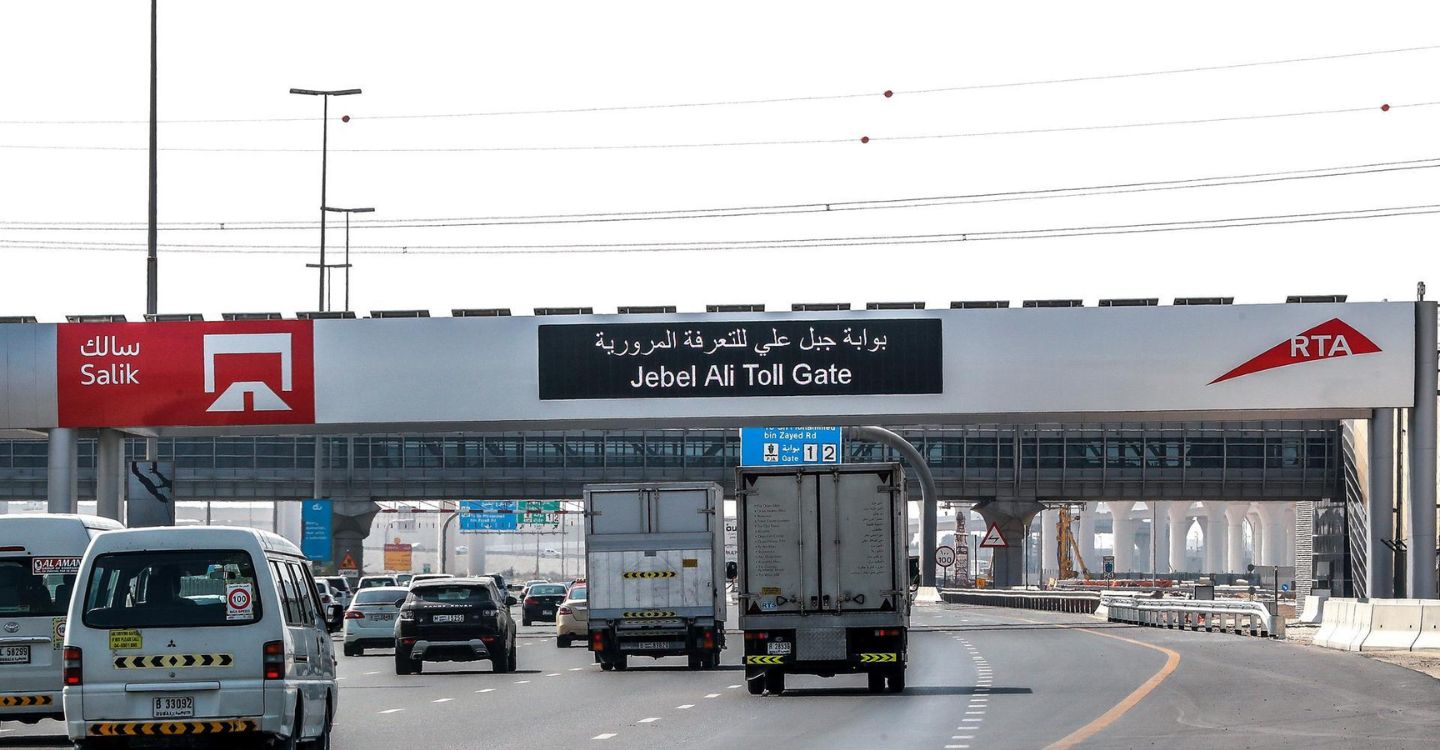
Renting properties in Dubai presents an exciting opportunity amid the city's dynamic real estate market, characterized by its resilience, growth, and international appeal. With a steady influx of residents and expatriates seeking accommodation, the potential for a lucrative venture is significant. In this comprehensive guide, we embark on a journey to explore the nuanced facets of the rental process, offering a wealth of insights and actionable steps designed to empower landlords for a successful and seamless experience.
Dubai's real estate landscape stands as a testament to the city's ever-evolving nature, with diverse neighborhoods catering to varying lifestyle preferences. This guide goes beyond the surface, providing in-depth analyses and strategic considerations tailored to the multifaceted nature of Dubai's rental market.
Understanding the Dubai Rental Market:
Embarking on the journey of renting out your property in Dubai requires a strategic approach, starting with a profound understanding of the dynamic rental market.
Here's a detailed breakdown of the crucial initial steps:
1. Market Analysis: Conduct a meticulous analysis of the current market dynamics. Dive into market trends, vacancy rates, and the overall demand for rental properties in your specific area. This data will serve as the foundation for determining an optimal rental price that aligns with market conditions.
2. Optimal Rental Pricing: Utilize the gathered information to determine the most competitive yet realistic rental price for your property. Consider factors such as property size, amenities, and its proximity to key facilities. Striking the right balance ensures your property remains attractive to potential tenants while maximizing your returns.
3. Neighborhood Familiarization: Dubai boasts diverse neighborhoods, each with its unique charm and offerings. Familiarize yourself with the neighborhoods across the city, understanding their attractions and lifestyle benefits. Tailoring your marketing approach to highlight these distinctive features can significantly enhance your property's appeal.
4. Local Expert Engagement: To gain nuanced insights into the intricacies of the local rental market, consider engaging with a local real estate expert or a reputable property management service. Their expertise can provide you with invaluable information about market trends, tenant expectations, and effective strategies for positioning your property competitively.
5. Tailored Insights: A local real estate expert or property management service can offer tailored insights specific to your property's location. They can guide you on potential challenges, market fluctuations, and emerging trends, enabling you to make informed decisions that align with your rental goals.
By meticulously analyzing the market, understanding neighborhood dynamics, and seeking expert guidance, you lay a solid foundation for a successful venture into the Dubai rental market. This proactive approach ensures that your property is well-positioned to attract tenants and thrive in the ever-evolving real estate landscape of this vibrant city.
Legal Requirements and Documentation:
Ensuring compliance with legal requirements is a foundational aspect of renting out a property in Dubai. Here's a detailed guide on the essential legal steps to undertake:
1. Dubai Land Department Regulations: Begin by thoroughly familiarizing yourself with the regulations set forth by the Dubai Land Department (DLD). These regulations form the legal framework for property rentals in the city, covering various aspects to safeguard the interests of both landlords and tenants.
2. Ejari Registration: One of the crucial legal requirements is obtaining the Ejari, which serves as the official registration for tenancy contracts. This registration is mandatory and provides legal recognition for your tenancy agreement. Without Ejari, a lease is not considered valid in Dubai.
3. Permit Acquisition: Ensure that you obtain all necessary permits required by the DLD. These permits may vary based on the type of property and its intended use. Acquiring the appropriate permits is essential for compliance with local regulations and avoiding any legal complications.
4. Comprehensive Tenancy Agreement: Draft a comprehensive tenancy agreement that clearly outlines all terms and conditions of the rental arrangement. Include details such as rental amount, payment schedule, duration of the lease, and any specific clauses or conditions relevant to your property. This agreement serves as a legal document binding both parties to their respective obligations.
5. Document Verification: Verify that all parties involved in the rental process, including yourself and the tenant, have the required documentation in place. This includes valid identification, proof of ownership or authorization to lease, and any other documents stipulated by the DLD. Ensuring the authenticity and completeness of these documents is crucial for legal compliance.
6. Legal Counsel Consultation: Seek legal counsel to ensure that your understanding of the regulations is not only up to date but also accurate. Legal professionals specializing in real estate matters in Dubai can provide guidance on navigating the intricacies of the legal landscape, offering peace of mind and minimizing the risk of legal complications.
By diligently adhering to these legal steps, you not only ensure compliance with Dubai's real estate regulations but also create a transparent and legally sound foundation for your rental agreement. This proactive approach mitigates risks and contributes to a smooth and legally secure leasing process for both landlords and tenants.
Setting the Right Rental Price:
Determining the appropriate rental price is a critical aspect of attracting tenants and maximizing returns. Conduct a comparative market analysis to assess similar properties in your area and set a competitive yet realistic rental price. Factor in the property's features, amenities, and proximity to essential services and attractions. Leverage data from property valuation services or real estate agents to fine-tune your pricing strategy.
Property Presentation and Marketing:
Presenting your property in the best light is key to attracting potential tenants. Invest in professional photography and consider virtual tours to showcase the property's unique features. Leverage online platforms, real estate portals, and social media to market your property effectively. Crafting an enticing listing description that not only highlights the property's strengths but also communicates the lifestyle it offers can significantly enhance its appeal. Collaborate with marketing professionals or property management services to create a comprehensive marketing strategy.
Tenant Screening and Selection:
Screening potential tenants is a crucial step in ensuring a hassle-free rental experience. Conduct thorough background checks, verify employment details, and assess the tenant's financial stability. Establish clear communication channels to discuss expectations and address any concerns upfront. Selecting responsible and reliable tenants contributes to a positive landlord-tenant relationship. Implementing a comprehensive screening process, which may involve credit checks, reference verification, and rental history analysis, is essential for long-term success.
Optimizing Rental Yields:
To maximize rental yields, consider value-adding strategies that enhance the property's appeal. Investing in maintenance and upgrades can justify premium rental prices. Explore furnished options or long-term lease agreements to cater to different tenant preferences. Regularly review and adjust rental prices based on market trends to stay competitive. Stay abreast of market developments, economic indicators, and emerging trends that may impact rental yields.
Tenancy Management and Maintenance:
Once your property is leased, effective tenancy management becomes crucial. Stay informed about your responsibilities as a landlord, including maintenance obligations and responding promptly to repair requests. Establish a clear communication protocol to address any concerns or inquiries from tenants promptly. Consider outsourcing property management services to ensure streamlined operations, especially if you own multiple properties.
Dealing with Legal Disputes:
Despite thorough screening and communication, legal disputes may arise during a tenancy. Familiarize yourself with the legal recourse available in case of disputes, and seek professional advice when necessary. Maintaining open lines of communication with tenants can often prevent disputes from escalating. Collaborate with legal experts specializing in real estate matters to ensure you are well-prepared to handle any legal challenges that may arise.
Conclusion:
Renting out your property in Dubai can be a rewarding venture when approached with thorough planning and adherence to legal requirements. By understanding the intricacies of the rental market, optimizing property presentation, and fostering positive landlord-tenant relationships, you can ensure a successful and sustainable rental experience.
This comprehensive guide serves as a roadmap for property owners, providing the tools and knowledge needed to navigate the dynamic landscape of Dubai's rental market with confidence and success. Whether you are a seasoned landlord or a first-time property owner, embracing a proactive and informed approach will undoubtedly contribute to a positive and profitable rental journey in this vibrant city.








































































































































































































